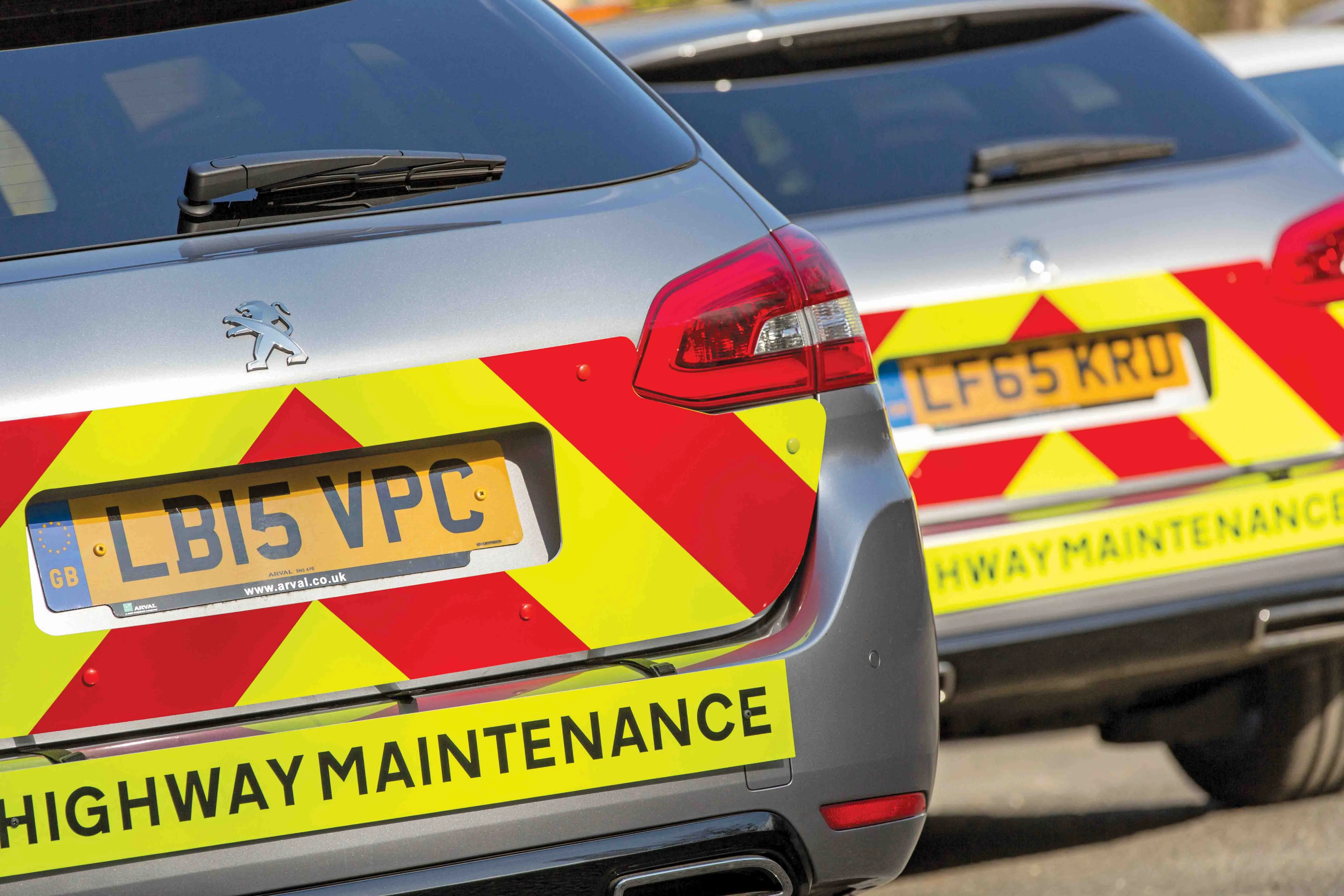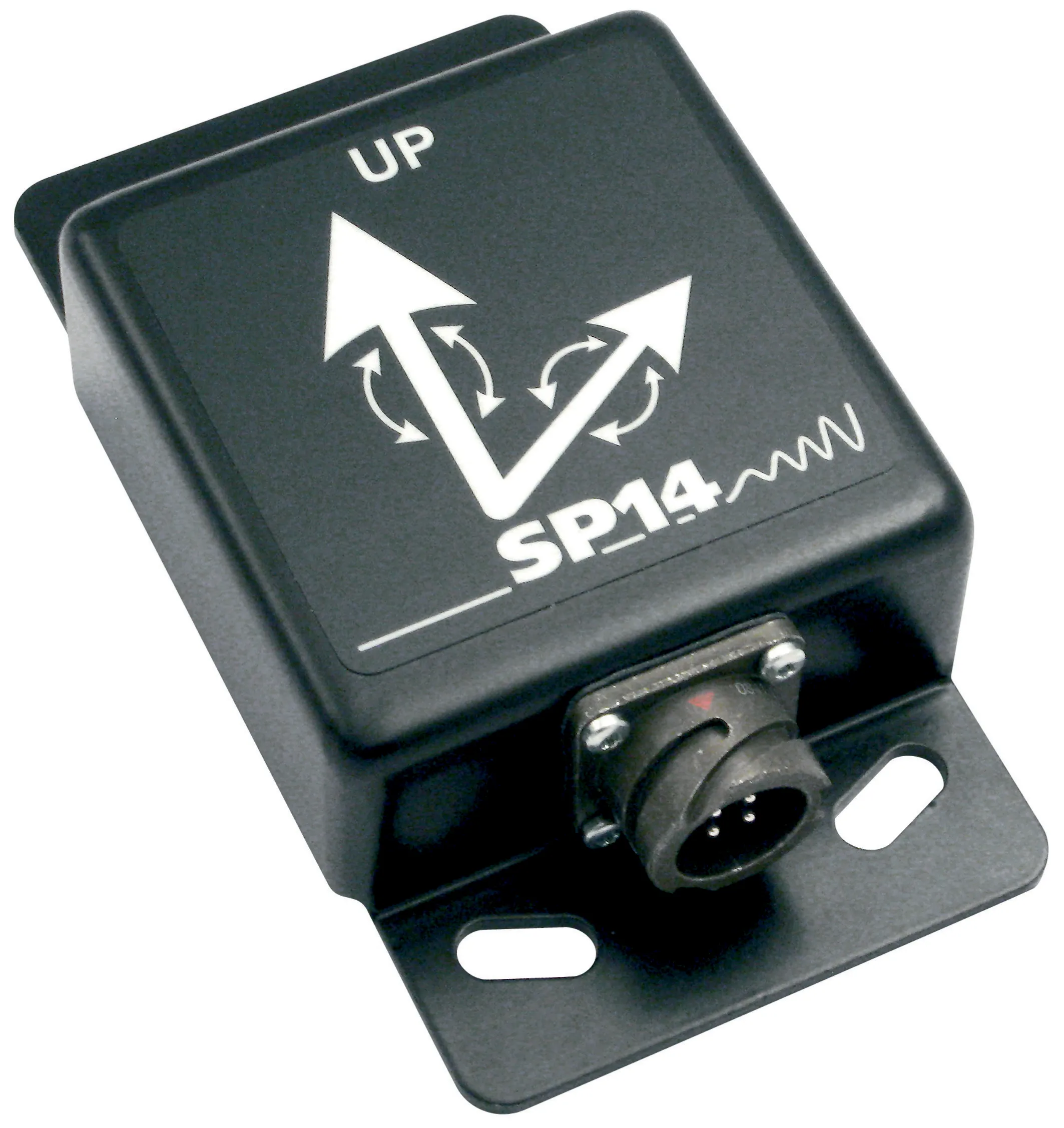Contractor Colas has worked with Farnborough Signs to develop safer temporary chevrons for use on vehicles accessing construction sites. Colas identified a potential safety risk with removable magnetic Chapter 8 Chevrons used for vehicles visiting worksites.
Operational site vehicles have to be fitted with permanent Chapter 8 Chevron markings. However, the change in car manufacturing specifications in recent years has resulted in many car boots being made of plastic instead. Earlier generation magnetic
January 31, 2017
Read time: 2 mins

Contractor 184 Colas has worked with Farnborough Signs to develop safer temporary chevrons for use on vehicles accessing construction sites. Colas identified a potential safety risk with removable magnetic Chapter 8 Chevrons used for vehicles visiting worksites.
Operational site vehicles have to be fitted with permanent Chapter 8 Chevron markings. However, the change in car manufacturing specifications in recent years has resulted in many car boots being made of plastic instead. Earlier generation magnetic Chapter 8 chevrons will not adhere to plastic boots as a result. The new Chapter 8 Chevrons can be cut to size and easily attached with both suckers and straps, alleviating the risk of them coming loose or falling off.
The firm says that these are easy to fit and also highly visible. The new chevrons have been trialled on the M3 Project where Colas has been working for1146 Balfour Beatty on a Smart Motorway for 8100 Highways England covering 25km of carriageway from junctions 4a to 2.
David Neal, Balfour Beatty Project Director, said: “The industry needed a workable solution for those visiting worksites in hire cars or company cars. A number of operational staff working on the M3 project have trialled them and the feedback has been very positive."
Operational site vehicles have to be fitted with permanent Chapter 8 Chevron markings. However, the change in car manufacturing specifications in recent years has resulted in many car boots being made of plastic instead. Earlier generation magnetic Chapter 8 chevrons will not adhere to plastic boots as a result. The new Chapter 8 Chevrons can be cut to size and easily attached with both suckers and straps, alleviating the risk of them coming loose or falling off.
The firm says that these are easy to fit and also highly visible. The new chevrons have been trialled on the M3 Project where Colas has been working for
David Neal, Balfour Beatty Project Director, said: “The industry needed a workable solution for those visiting worksites in hire cars or company cars. A number of operational staff working on the M3 project have trialled them and the feedback has been very positive."








